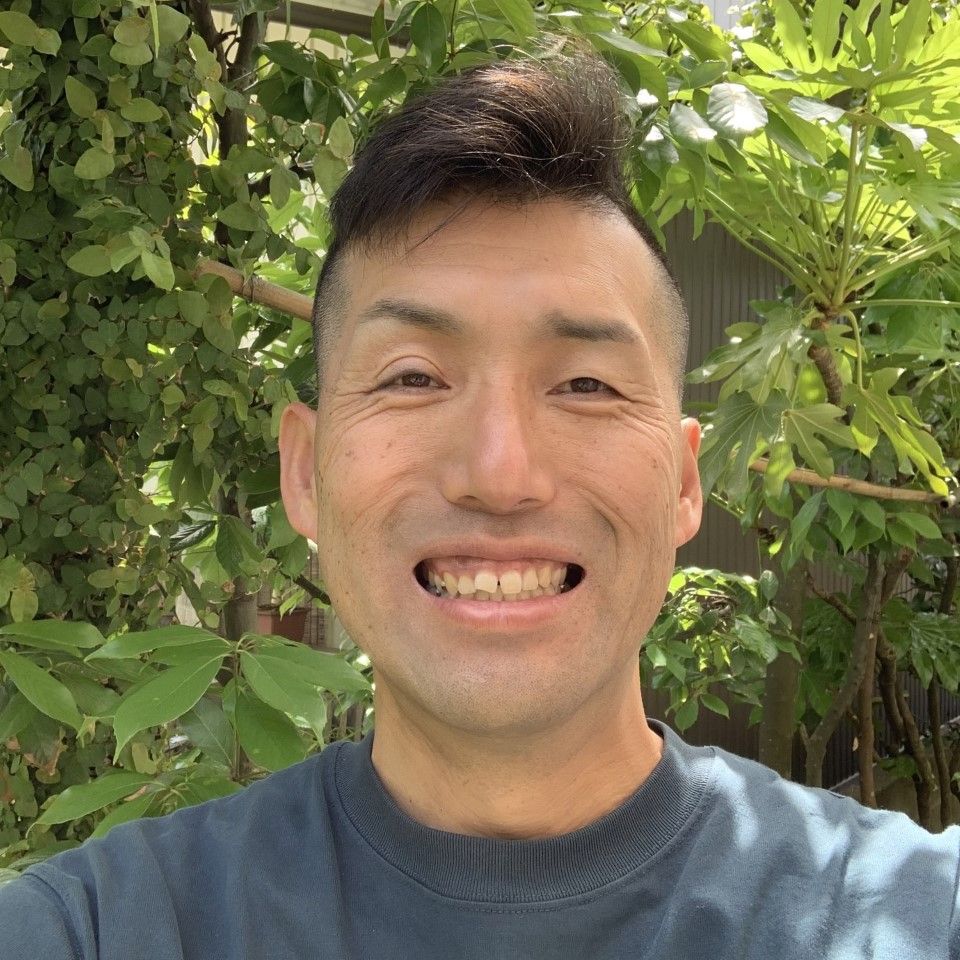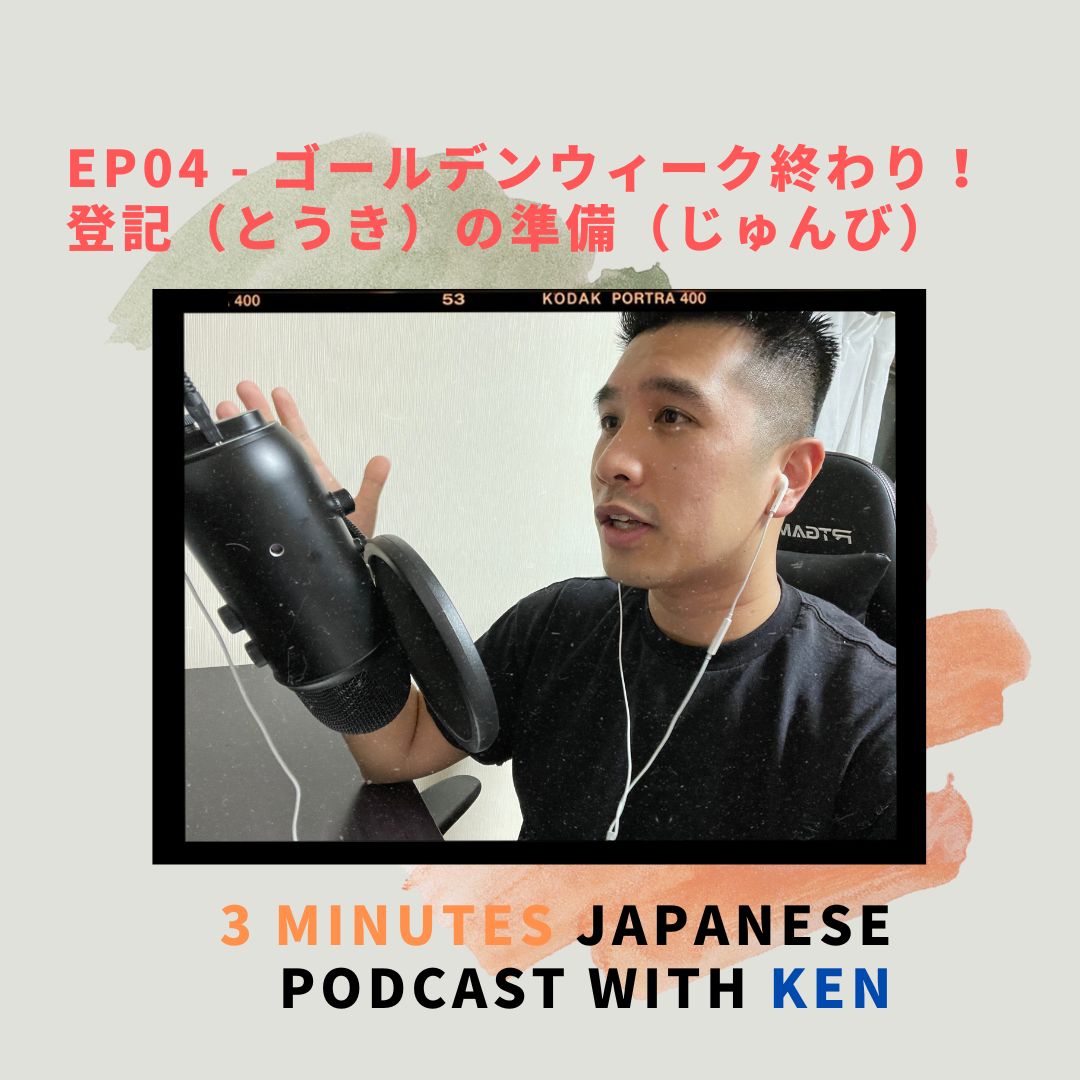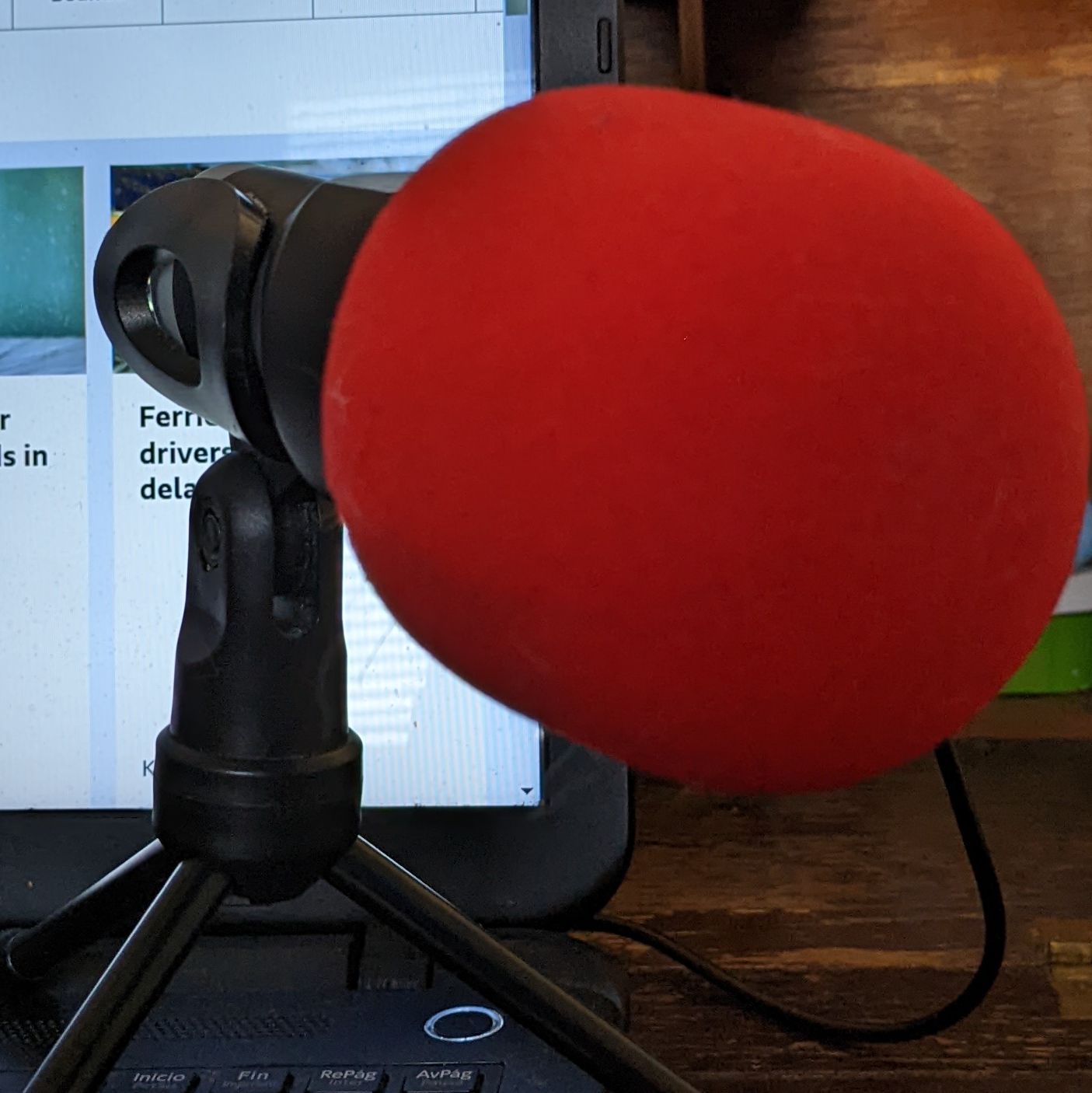Search from various 영어 teachers...

みんなの日本語Chapter One "どうぞ よろしく”
설명
Today's content is brief, but there is a phrase in "Minna no Nihongo" that means "Nice to meet you," which is "どうぞよろしく" . However, I think it's not used very often. In the last 20 years, I've only heard this phrase from Japanese learners. A more natural way to say it is "よろしくおねがいします" , and a more polite version would be "どうぞ、よろしく おねがいします" .
As for my "Minna no Nihongo" lesson course, I recently created a lot of audio homework. I recommend it for those who want to start studying Japanese. Please give it a try.
Alright, everyone, keep up the good work with your Japanese. See you again!
팟캐스트 채널
ようへい先生 N4,N5チャンネル
작성자
모든 에피소드

Days of the week / Ditët e javës

numbers

The Coffee of Colombia

남편! 이리 좀 와봐요. 老公! 你过来一下。

Object Pronouns

ep04 - ゴールデンウィーク終わり!登記(とうき)の準備(じゅんび)

hola hola

The Royals begin to look at Slavery (with transcript)
인기 팟캐스트

Let's speak Albanian
Days of the week / Ditët e javës

ADEL ALBANNA: A PROFISSIONAL ARABIC TEACHER
numbers

Culture and Heritage of Latin America
The Coffee of Colombia

[YOON] 1분 한국어
남편! 이리 좀 와봐요. 老公! 你过来一下。

Beginner
Object Pronouns

3 Minutes Japanese Podcast with Ken
ep04 - ゴールデンウィーク終わり!登記(とうき)の準備(じゅんび)

Hablar por hablar (Listening)
hola hola

Teacher Joseph's Podcast
The Royals begin to look at Slavery (with transcript)